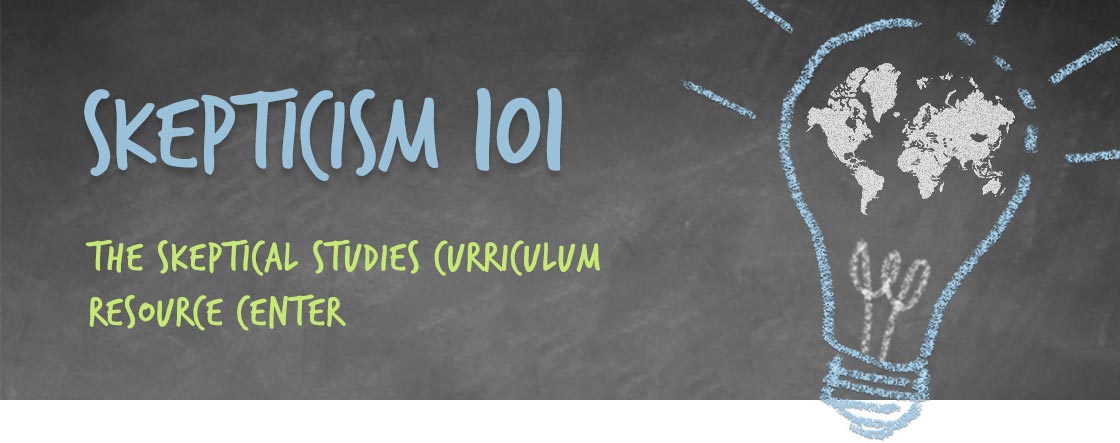This course was taught at Chapman University during the fall 2011 semester.
Excerpt from Syllabus
This comprehensive course on science and skepticism will address the most mysterious, controversial, and contentious issues in science and skepticism from a quarter century of research involving: science and pseudoscience, science and pseudohistory, science and religion, science and morality, the psychology and neuroscience of belief, science and politics, science and economics, evolution and intelligent design creationism, the Baloney Detection Kit, how beliefs can be changed, how science works (and sometimes doesn’t work) from the history of science, and many specific examples of the power of belief.
Using numerous examples from three decades of research on this subject, students will learn how to think scientifically and skeptically, and he will show how to be open-minded enough to accept new ideas without being so open-minded that their brains fall out. This course meets once a week for three hours and includes lectures accompanied by in-class demonstrations, videos, magic, illusions, and examples from pop culture, along with rigorous scientific research, plus student discussions and presentations.
DOWNLOAD THIS RESOURCE
(156 kb PDF)
Resource type: syllabi
Academic discipline: psychology
Academic level: college and university









